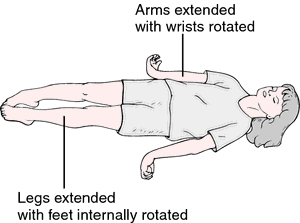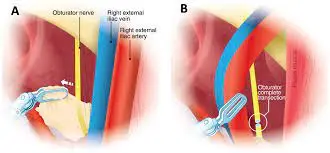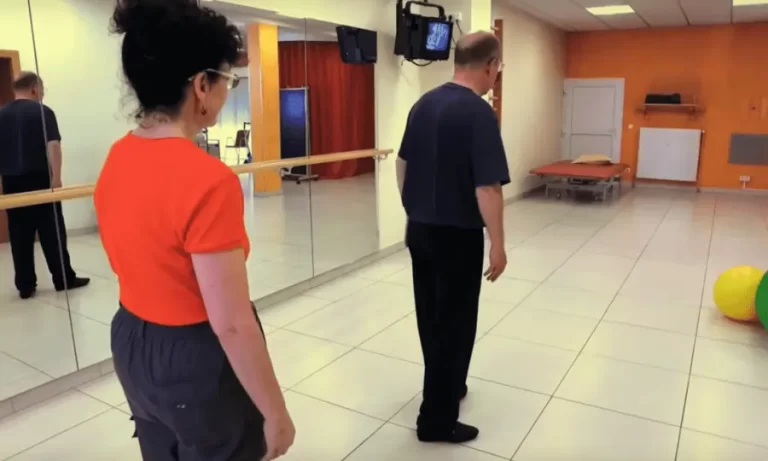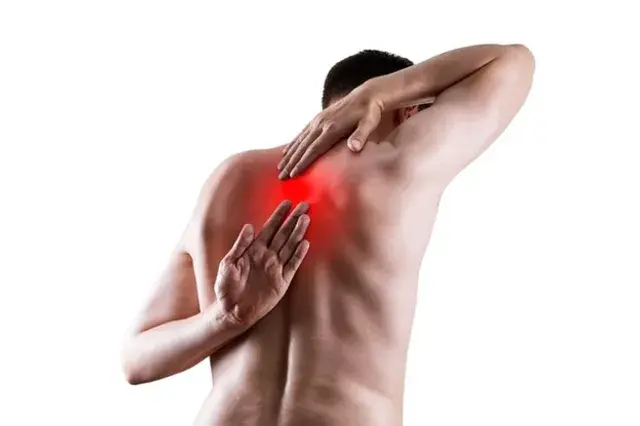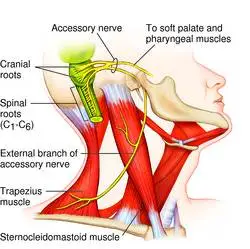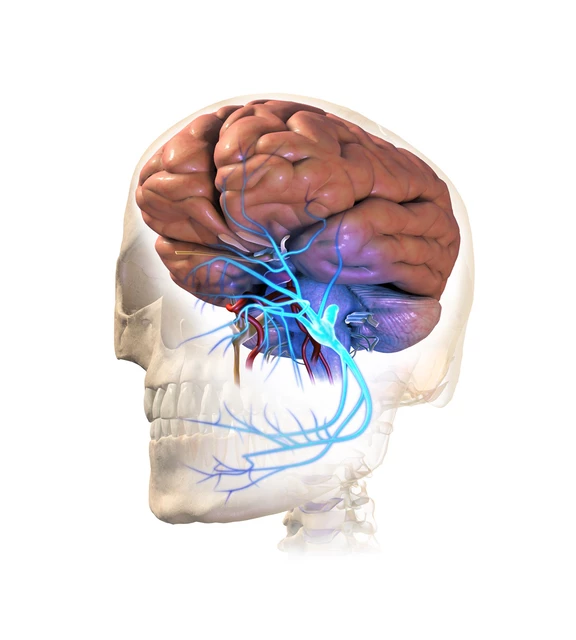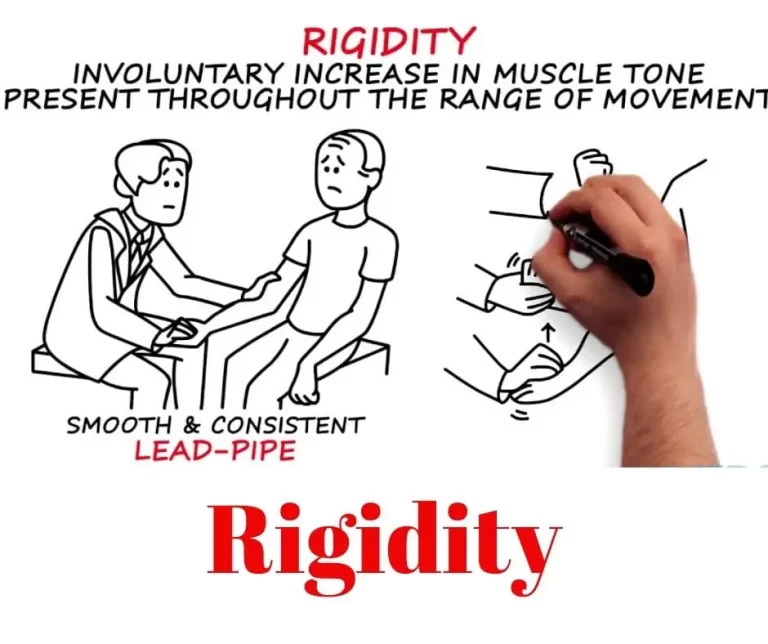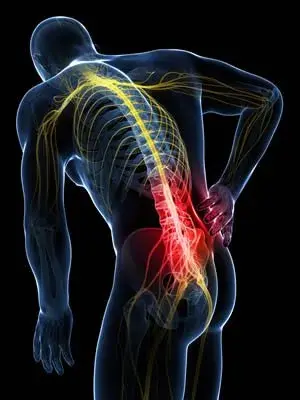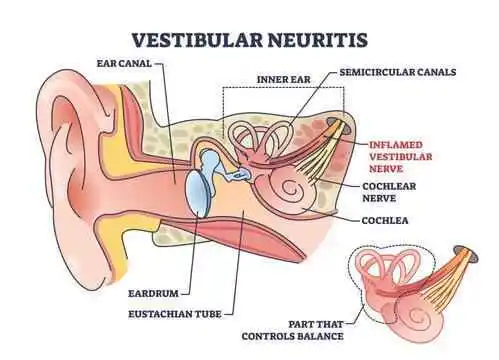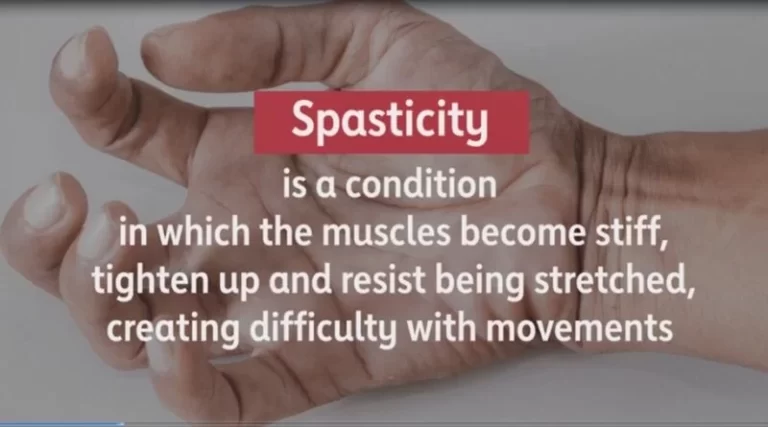Abnormal Posturing
Introduction Of Abnormal Posturing: Definition of Abnormal Posturing Abnormal posturing refers to involuntary and rigid body movements or positions that are often indicative of severe brain injury or neurological disorders. These postures result from disrupted communication between the brain and the muscles, typically due to damage in the central nervous system. There are mainly two…

